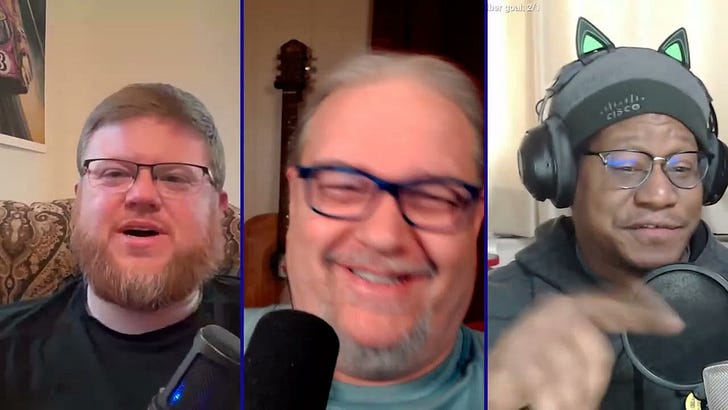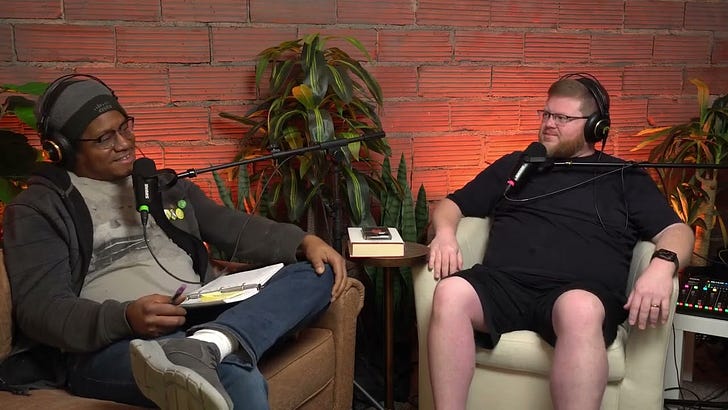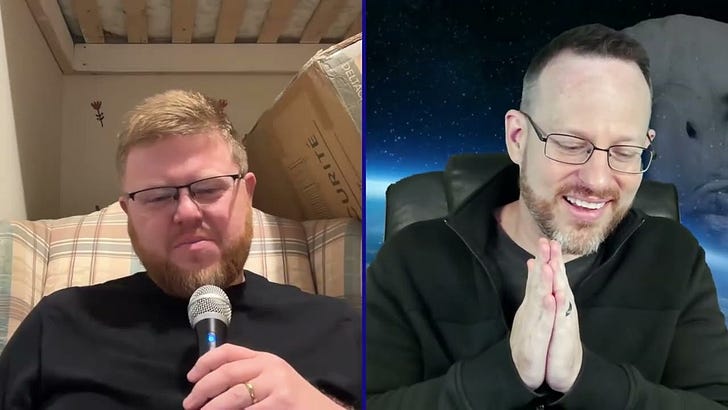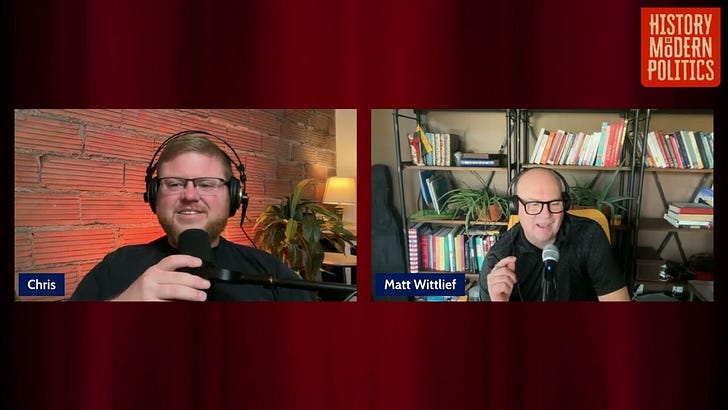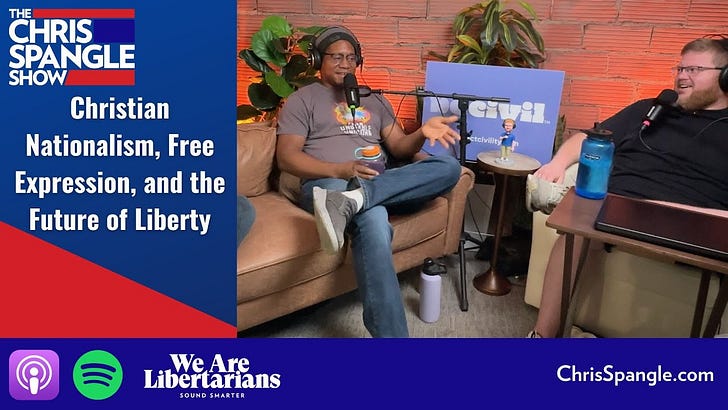Chris Spangle, Harry Price, and Douglass Gaking break down what happened on Wall Street this week, and then Chris and Harry comb through Biden's record-setting 40 Executive Orders. Click here to listen.
Why All the Extra Shows?
I’ve been busting my behind to add some extra podcasts lately. I want to explain why.
January 6 rattled me, as much of 2020 has. Too many libertarians have ended up tacitly supporting corruption and violence, and I’ve spent a lot of time thinking about the messaging I’ve relied on for a long time. How did my show contribute to these lazy tropes that enabled smart people to believe dumb things?
The Trump era broke the libertarian movement. Before 2016, the argument was between government abolitionists and reformers. The measure was the Nolan Chart. Now it is a battle between caucuses calling each other righties or lefties. It has become conspiratorial and transgressive.
trans·gres·sive
adjective: transgressive
involving a violation of accepted or imposed boundaries, especially those of social acceptability.
relating to fiction, cinematography, or art in which orthodox cultural, moral, and artistic boundaries are challenged by the representation of unconventional behavior and the use of experimental forms.
The American people made it extremely clear that they like libertarian/conservative ideas in the last election, but they hate transgressive politics. Transgressive libertarians and conservatives gave us a stark example of where their ideology ends, and it sucks. Embracing the “secret knowledge” schtick means cozying up to abhorrent people and tacitly saying they’re superior to decent people that disagree with our policy solutions. In short, populism is rotting the soul of our movement. I can continue to navel-gaze and explain why all of these things aren’t right, but that doesn’t seem to be working. There’s a lot of audience growth in battling “the enemy,” but it doesn’t change a lot of minds.
Millions are craving a better path. Justin Amash’s appeal (and the massive influx of new LP members he’s driven) shows Americans are hungry for classical liberalism and free markets. So how do we do libertarianism without populism and transgressive tropes?
In some ways, I feel like I am starting over in how I talk about decreasing the amount of government. How do we do it without dehumanizing one side or the other, or government employees themselves? How do we embrace the marginalized and discuss justice with the same gusto as spent on increasing economic opportunities? How do we stop treating each other like the enemy and start building a country that allows people to self-actualize in a country that promotes peace, harmony, and prosperity?
I’m doing the extra work to talk to people I’ve long respected but didn’t have the space to talk to because I am trying to work this out, and I want you to listen in. I hope you find it valuable. If you do, please share it and consider joining WAL Plus. There are at least a dozen episodes ready for listening there but won’t post till March in the public feed. Now that I’ve gone through this process, I will be back to writing (here) more.
CSS: Hannah Cox on Ending the Death Penalty
Hannah Cox is the National Manager of Conservatives Concerned About the Death Penalty. She joins us to discuss being fiercely principled online and why the death penalty must be ended. She is also the host of the podcast Based. Click to listen.
CSS: What is the Good Neighbor Policy? A Look at the Non-aggression Principle with Mary Ruwart
Mary Ruwart joins Chris Spangle to talk about the foundational axiom of libertarianism: the non-aggression principle. Dr. Mary J. Ruwart is a research scientist, ethicist, and a libertarian author/activist. Click to listen.







